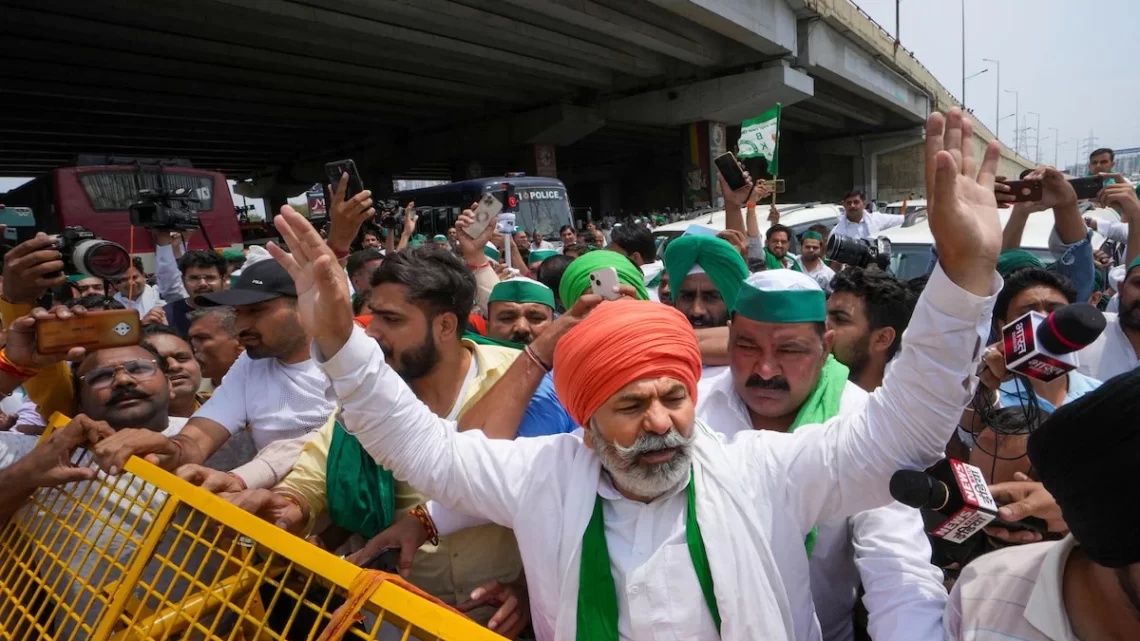
BKU Leadership Criticizes BJP’s Performance, Open to Supporting Any Party in Lok Sabha Polls
April 16, 2024Naresh Tikait, leader of the Bharatiya Kisan Union (BKU), expressed disappointment with the BJP-led government’s performance since coming to power in 2014. Despite openly supporting the BJP in the 2014 Lok Sabha polls, Tikait lamented that the party failed to meet expectations and accused it of exhibiting dictatorial tendencies.
Tikait highlighted the government’s lack of acknowledgment regarding the deaths of approximately 750 farmers during the 13-month-long protests at Delhi’s borders in 2020-21. He criticized the BJP for what he perceives as a disregard for the concerns and grievances of farmers, stating that the party “reeks of dictatorship.”
As the “Chaudhary” of the Balyan Khap of the influential Jat community in western Uttar Pradesh and Haryana, Tikait emphasized the BKU’s openness to supporting candidates from any party in the upcoming Lok Sabha polls. He noted that BKU members have various affiliations and connections with different political parties, making it challenging to make collective decisions on whom to support.
Tikait’s remarks underscore the complexities within the BKU and its diverse membership base. He acknowledged the organization’s past support for the BJP in 2014 but criticized the party’s failure to deliver on promises, particularly regarding the vision of “Ram Raj” (ideal governance). While acknowledging that the BJP might have achieved some successes by its own standards, Tikait believes that many issues remained unaddressed.
Speaking from his family home in Sisauli village in Muzaffarnagar district of Uttar Pradesh, Tikait’s statements reflect broader sentiments within the farming community, particularly in the wake of the contentious agri-marketing laws and the subsequent protests led by farmers’ unions, including the BKU.
Tikait’s openness to supporting candidates from various parties indicates a pragmatic approach within the BKU, driven by the desire to address farmers’ concerns and advance their interests. As India prepares for upcoming elections, Tikait’s remarks highlight the evolving dynamics of political alliances and the significance of addressing agrarian issues in the country’s political landscape.

